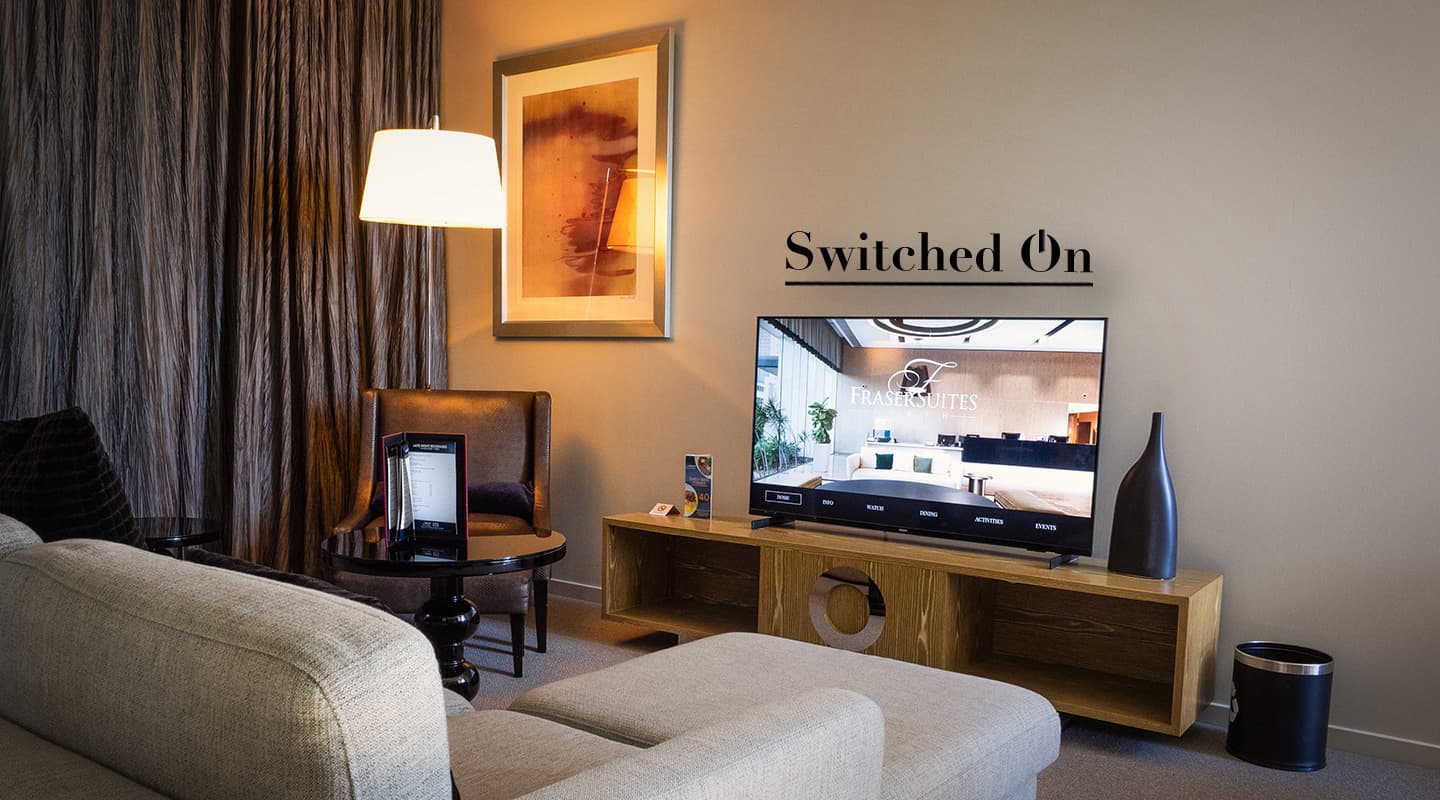
AV Case Study: Fraser Suites Perth
Fraser Suites chooses Philips Hotel TVs to upgrade its guests’ in-room experience.
Text:/ Christopher Holder
Everyone’s idea of the ideal luxury accommodation is slightly different. The choice of bathroom amenities, the firmness of the mattress, the view from the balcony or the chocolate on the pillow… they’re often all in the ‘eye of the beholder’. Yet, increasingly, guests of five-star accommodation all agree, the ability to use the hotel TV to cast content via popular streaming services is a non-negotiable.
Fraser Suites Perth has recently undertaken a significant upgrade to enhance the in-room experience for its guests. The goal was to upgrade current TVs to more advanced Philips Hotel TVs that could provide personalised streaming services, improved connectivity, and robust security. Electek, part of the Metrowest Group, a Perth-based electrical and communications company, spearheaded this upgrade, deploying Philips Hotel TVs integrated with Philips CMND software.
COAXING THE BEST
Electek had a challenge: Fraser Suites’ old MATV system was based on coax cable, not category cable and the scope of the work didn’t involve a full structured cabling upgrade. Fortunately, each room did have a single existing cat cable from a wifi upgrade – each room had its own wireless access point. Electek decided to instigate a hybrid approach: retaining the coax cable for terrestrial TV and using the Cat6 cable to handle all the other network services. Steve Doven, Electek Service Supervisor explains: “It’s not a bad failsafe to have both cables. If the network inevitably goes down at some point, guests still have access to terrestrial TV.”
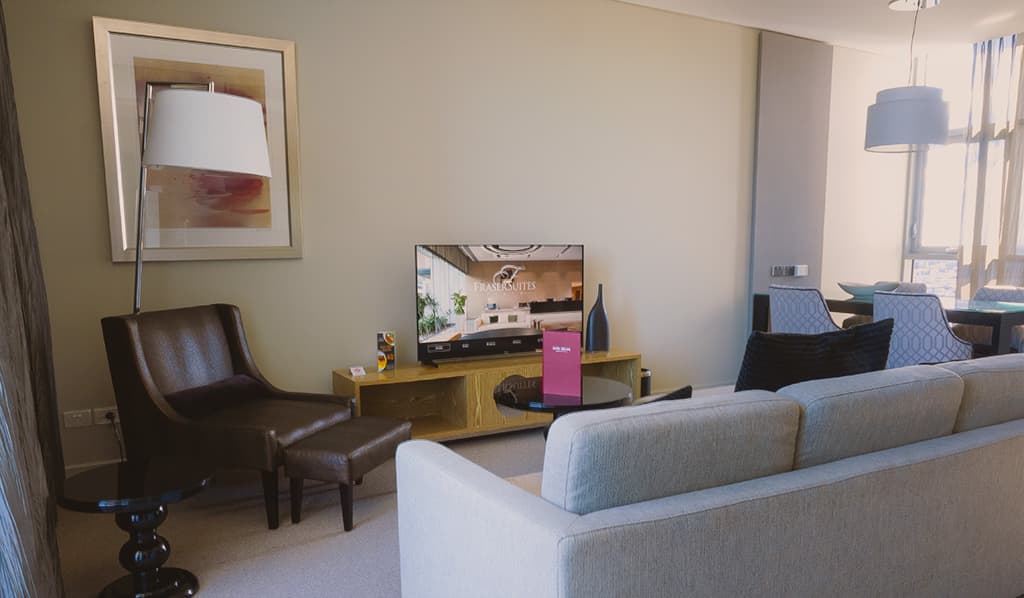
FIT FOR PURPOSE
Philips Hotel TVs, powered by the Android operating system, provide a comprehensive solution to Fraser Suites’ needs. The Philips Hotel TVs were selected for their ability to offer a seamless, secure, and user-friendly experience. Doven emphasises, “Philips built its Hotel TV solution on the Android operating system, which is one of the only platforms on the market approved to natively run the Netflix app in the commercial setting, directly on the TV. That’s a huge plus. The Philips product also ships with Chromecast onboard, which is another big advantage for hotels where dongles regularly go missing.”
To the uninitiated, it sounds like a trivial exercise for hotels to provide personalised Netflix and in-room casting. But it’s taken years and a lot of development for Philips to perfect a solution that’s convenient and secure. Steve Doven explains: “Anyone who uses Chromecast at home will know that once that TV is on the network any other device on the network can access it. That’s very convenient in a home setting but disastrous in a hotel setting, because obviously you don’t want guests sharing each other’s Chromecast access privileges. Instead, the Philips TV creates a QR code and its own wifi hotspot. So when you walk into the room and you hit the Cast button on the remote, it brings up the QR code on the TV which you use to sign into the wifi network. But the difference is: it’s a one-to-one connection using the Philips Hotel TV as a hotspot. This approach gives you that extra level of client isolation – you can’t see other Chromecasts or other TVs. Plus it’s also a rolling code. So once that guest checks out, it’ll reset – you can’t reconnect to the same TV after a checking checkout event.”
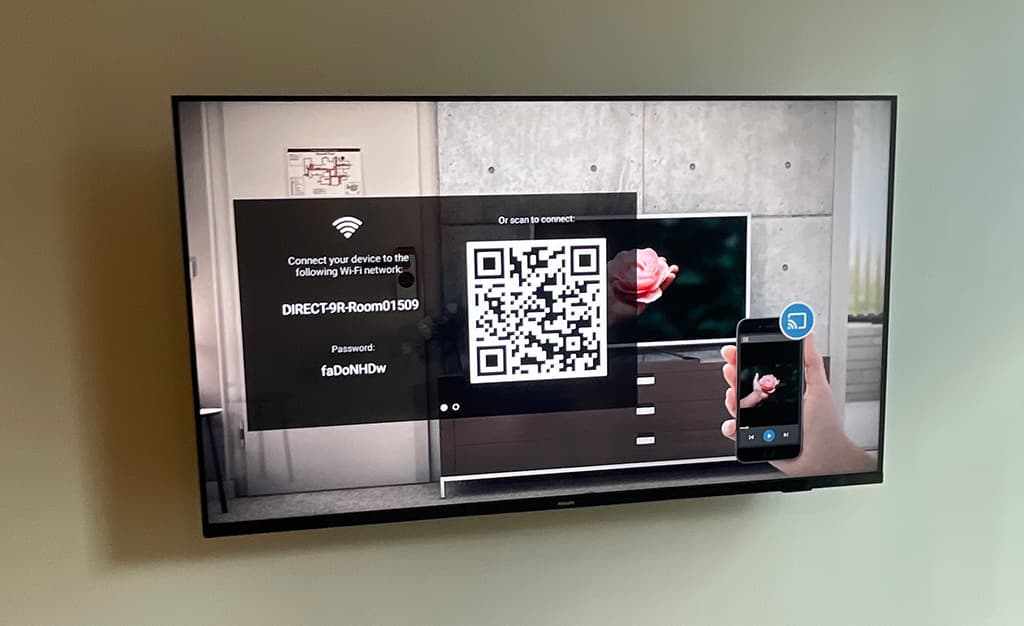
Two TVs per suite is a feature appreciated by guests but adds a layer of complexity with the use of the remote controls. Normally, the guest must shut the door of the bedroom to stop turning on the TV in the lounge (or vice-versa). The current range of Philips Hotel TVs now have ability to operate different infra-red remote controls. Electek supplied dedicated different remote controls for all bedrooms on different codes to avoid this issue.
CHECK OUT, LOG OUT
The other big-time security concern in hotels, that you don’t need to concern yourself with in a domestic setting, is the issue of staying logged into Netflix, YouTube etc when you’ve checked out. Philips has mastered this conundrum with its CMND software as the lynchpin. Again, Steven Doven, explains: “There’s a piece of middleware that links the hotel’s PMS (Property Management System) to the software package that’s running the Philips TV, called CMND. As soon as the guest has checked in at the front desk, the hotel’s PMS alerts CMND, which sends a check-in event to the TV. In that, you can configure CMND to automatically turn the TV on, so it’s showing a welcome screen or welcome video by the time the guest makes it through the door of their room. The Philips Hotel TV can also display any personalised messaging pertinent to the group booking they’re part of, or other contextual digital signage like Friday Happy Hour at the lobby bar etc. From there the guest can make the TV their own. They can Chrome or Miracast, they can even add their own apps from Google Play. Then, upon check out, a check out event is sent to that TV, which defaults the TV back to a predefined setup – removing search history, automatically logging the previous guest out of the apps they were using and deleting any apps they may have added. It’s a complete reset, ready for the next guest.”
CMND IN CONTROL
It’s clear that CMND is the not-so-secret weapon of the Philips Hotel TV platform. Apart from offering CMS features just mentioned earlier, the on-premise software gives the client the tools they need to monitor and control the network of TVs. This is especially useful when updating Android firmware. Once the new firmware is downloaded it can be pushed to the entire network of TVs at once. CMND is smart enough to ensure that process doesn’t inconvenience guest in any way – it’ll wait until the TV is not in use.
Gone are the days of having to access every room to manually tune a new TV channel or use cloning USB sticks, with the power of CMND this takes a couple of minutes to update all TVs, not days.
CMND will also send alerts if anything goes awry, making preventive maintenance easy… even down to the battery status of the TV remote control.
“Within CMND you can actually see if the battery charge is full, or almost due for replacement,” continues Steven Doven. “You can even set up an automatic notification. CMND will alert you as to which room’s remote control needs attention, so you can send someone from the maintenance department to swap out the AAAs.”
SUITE AS
The upgrade at Fraser Suites Perth involved installing over 400 Philips Hotel TVs (each suite has a TV in the bedroom and the lounge room), with a similar project executed at the Sydney location. Doven reflects on the process, “Smart functionality for in-room hotel TVs is becoming expected by guests. At Electek we, of course, work with other brands of hotel TV but it’s only the Philips Hotel TV that provides the complete package. Buy a Philips Hotel TV and you can get it running straight out of the box without any additional subscriptions or licensing. Even CMND is a free software provided via Philips, of course there are some additional costs for PMS interfaces etc, but the TV itself, once purchased, is a complete all in one package.”
Electek: electek.com.au
Fraser Suites: www.frasershospitality.com/en/australia/perth/fraser-suites-perth/
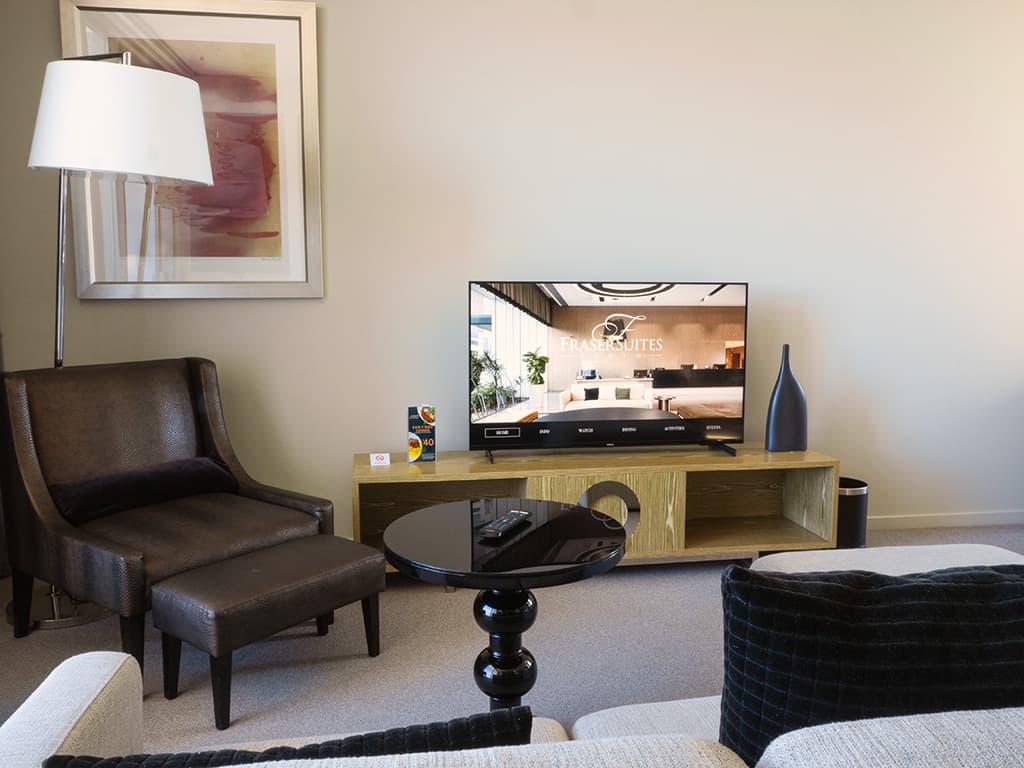

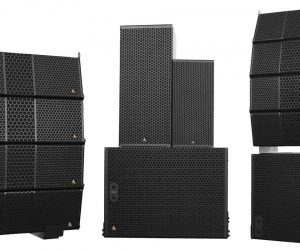
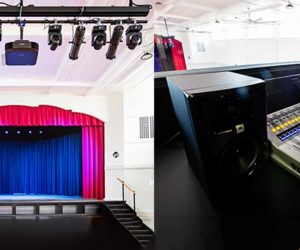
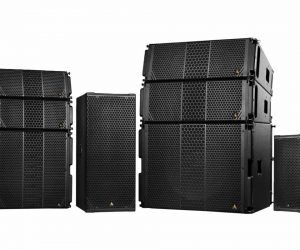
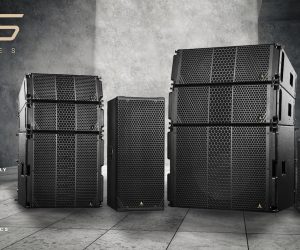
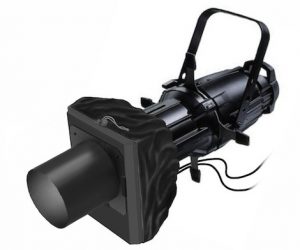
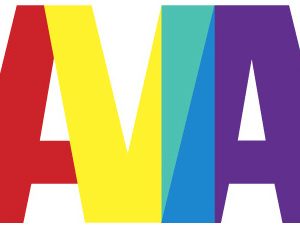


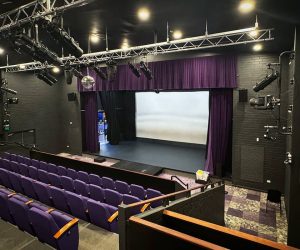
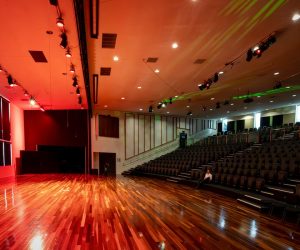


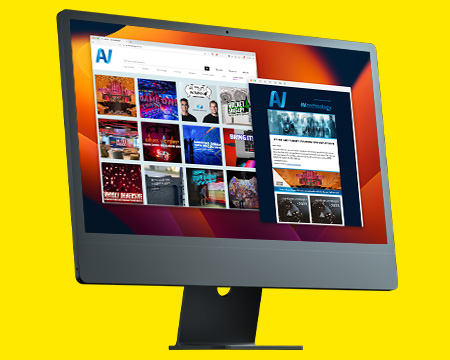
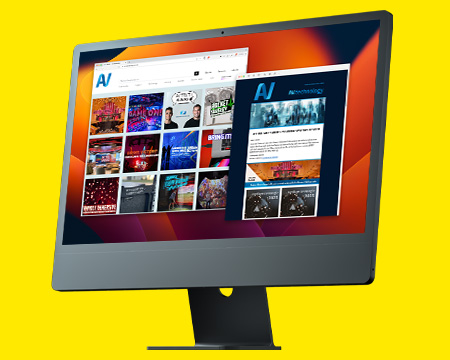
RESPONSES